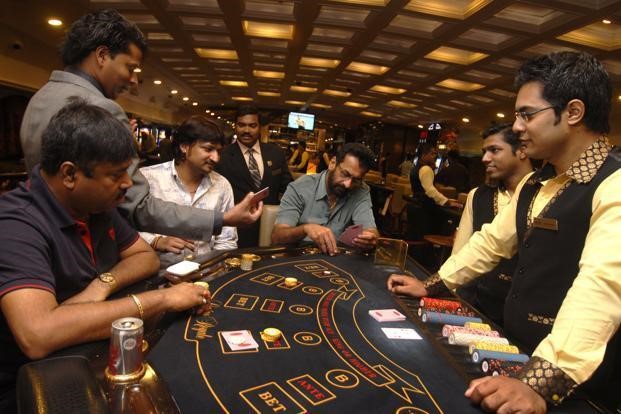On 30th October, 2019 a writ petition was filed in the Delhi High Court seeking a ban on poker. It has been contended that poker is a game of chance and not skill as the player has no control over the cards dealt to him or her, and, therefore, playing it for real money amounts to gambling and is illegal. The Delhi High Court has sought a response from the Government and the Reserve Bank of India. This is the second such petition filed in the Delhi High Court within a few months.
Poker: a game of skill or chance?
Poker is a card game played among two or more players for several rounds. It can be played online or offline. There are several variations of the game (Omaha, Texas Hold ‘Em, etc.), but they all have these aspects in common: the game begins with each player putting down money allocated for betting; during each round of the game, the players are dealt cards from a standard 52-card deck, and the goal of each player is to have the best hand at the table; players keep their cards hidden, and each player places bets on the strength of his or her cards; when the round is over, the cards are revealed, and the player with the best hand wins the round and the money that was bet during that round.

While the element of chance is equally distributed among the players, the outcome of the game is eventually determined by skill. Multiple research papers, conferences, articles have discussed at length how poker while containing elements of randomness (random cards are dealt to the player) is essentially a game which involves substantial skill, probability and game theory (the word “poker face” exists for a reason!).
Yet, in India, poker is stigmatised by being equated to gambling and the poker games are regularly disrupted by the police1, FIRs are booked and players are harassed or arrested. There have been instances where clubs like the New World of Sports Club, Mumbai have been raided2 despite having obtained licenses for organising poker games. These actions of authorities have led to a vicious cycle of poker being played in underground gambling dens, resulting in connections with the underworld and being clubbed with other gambling games.
Legal landscape
The Seventh Schedule of the Constitution of India gives the States the exclusive power to make laws on the subject of “Betting and Gambling”. States in India have religiously exercised their legislative power to regulate gaming/ gambling activities within their territory and have passed a variety of betting and gambling laws. While some States prohibit betting and gambling altogether, others permit a few betting and gambling activities, and yet another group of States have adopted a British Raj era law, the Public Gambling Act, 1867.
While games whose outcome is dependent on chance have been considered to fall under the category of gambling, and are generally prohibited, games involving skill (like poker), by not falling within the ambit of gambling are usually exempted. Whether a game amounts to gambling or not has been determined by which factor between chance and skill dominates/preponderates. Games of chance are those where the winner is predominantly determined by luck; the result of the game is entirely uncertain and a person is unable to influence such result by his mental or physical skill. The person playing a game of chance wins or loses by sheer luck and skill has no role to play. On the other hand, the result of a game of skill is influenced by the expertise, knowledge and training of the player.

